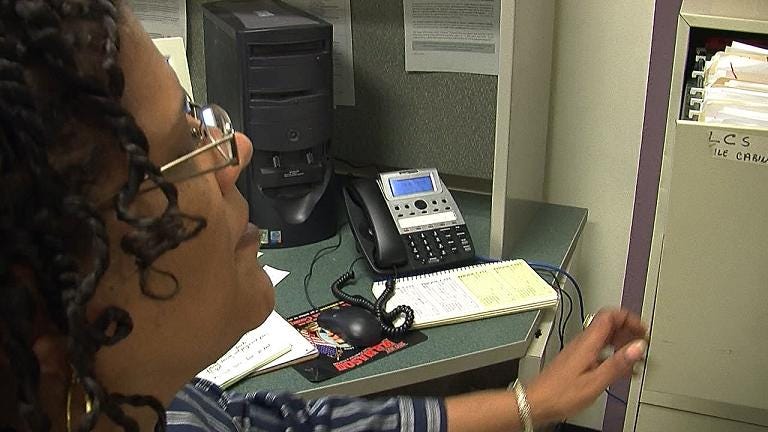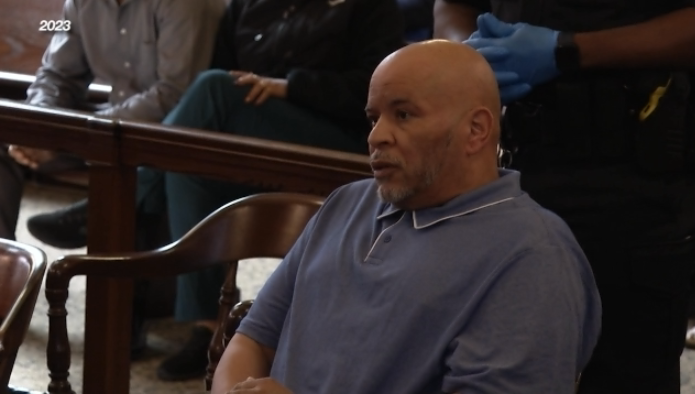ProCAP’s Troubles Have Rippling Effects

One day after Mayor Angel Taveras released three ProCAP board members and asked the director to resign for what he called “staggering mismanagement” of the human services program, thousands of people who depend on it's services are asking what's next.
One of the Programs effected by the Agency's issues is the George Wiley Center in Pawtucket. The center is the middle man between people that need help paying their utilities and programs like ProCAP that provide those services. For the past year, workers at the George Wiley Center say they can't do their job, because ProCAP hasn't been doing theirs.
Drawers of files at George Wiley Center show just how many Rhode Islanders come seeking help for paying their utility bills. It's part of Debbie Clark's job to refer them to programs like ProCAP.
“They're the focal point of where everything starts, they're where people can move on to the next step,” Clark says.
Clark says working with ProCAP has become a battle over the last year, hindering her from helping others.
“People are calling they're not getting treated properly, I just think the whole thing needs to be revamped.”
An investigation into the program revealed hundreds of thousands of dollars meant to pay vendors, was paying off past due accounts. In some cases, employees were receiving interest free loans and payments for their personal cell phones. Mayor Taveras says that's why he's removed three board members and asked executive director Frank Corbishley to resign.
Corbishley reacted with a statement, accusing the mayor of making a power grab for control of ProCAP. Calling out the mayor for what he says is an irresponsible release of information.
Clark says her program has had communication problems with ProCAP for a while and is hoping for change.
“Our hands are tied, we can't change what's happening at ProCAP, we can't affect what's happening at ProCAP, and all we can do is help these people on what to do moving forward.”
The Rhode Island Office of Energy Resources usually signs a year-long contract with ProCAP, but this October, they offered only a three month agreement. Saying the program needs to get its finances in order, or risk losing its funding.



